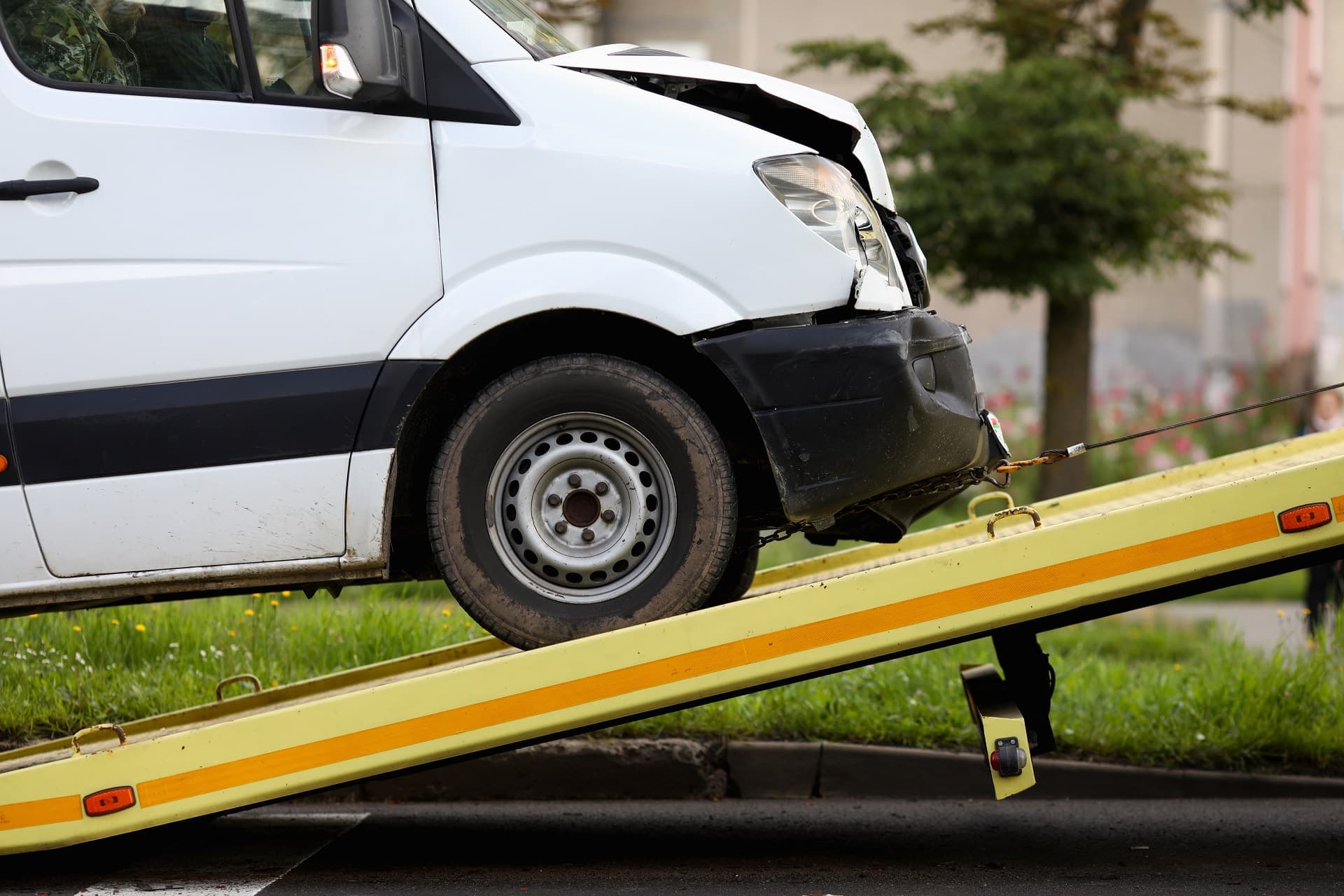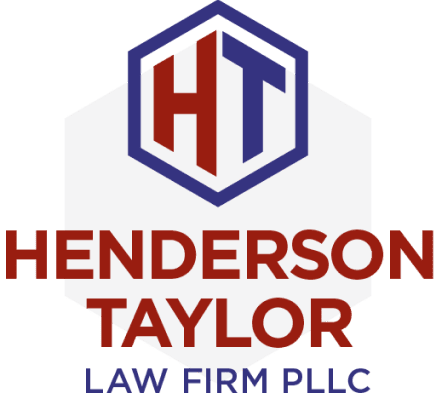Auto accidents are terrifying and immediately impact all aspects of your life. From injury recovery to financial strains brought on by lost wages or medical costs, everything in your life changes after an accident.
Accidents involving commercial vehicles can take on additional complications because the person responsible is not always immediately known. This can influence how insurance companies pay for accident settlements, affecting your ability to recover from your injury successfully.
In the following few sections, we aim to provide you with a better understanding of accidents involving commercial vehicles, as well as what makes these matters so complex. We’ll discuss who can share blame under Oregon’s comparative negligence laws and how to determine liability in your case. Then, we’ll emphasize the importance of examining the specifics of your case with one of our experienced commercial vehicle accident attorneys at Henderson Taylor Law Firm.
Every auto accident is unique, and finding out who is responsible is never an easy endeavor.
What is a Commercial Vehicle?
Oregon clearly defines what is and is not a commercial vehicle under ORS 801.208. It says that a commercial vehicle is a vehicle or a combination of vehicles that:
- Has a weight rating of at least 26,001 pounds, and if there’s a towed unit, it must weigh more than 10,000 pounds.
- Independently weighs or has a weight rating of 26,001 pounds or more.
- Can carry 16 or more people, including the driver.
- Transports hazardous materials, no matter the size.
However, there are specific exceptions. Even if a vehicle meets the above criteria, it’s not considered a commercial vehicle if it’s:
- An emergency fire vehicle driven by firefighters.
- An emergency vehicle used by qualified emergency service volunteers.
- A motor home for personal, non-business use that houses or transports the driver, their family, or their personal belongings.
- A personal-use recreational vehicle that otherwise meets the weight requirements.
The distinction is crucial. Knowing whether a vehicle involved in an accident is considered “commercial” under Oregon law can significantly influence the approach to determining responsibility and potential compensation for your case.
Why Does It Matter?
The classification of a vehicle, whether commercial or not, plays a significant role in auto accidents. Commercial vehicles usually have different insurance policies, higher coverage limits, and are governed by particular regulations. Furthermore, multiple parties might be involved, from the driver to the company that owns the vehicle or even third-party maintenance providers. Therefore, determining responsibility can be more difficult.
How to Determine Liability in Commercial Vehicle Accidents
Here’s a closer look at the parties that can potentially be held responsible:
1. The Commercial Driver: As with any auto accident, the behavior and actions of the driver could be responsible. Driver fatigue and distracted driving are prevailing causes of these incidents, and the numbers seem to increase yearly. Furthermore, the size of commercial vehicles can increase the likelihood of accidents in several ways:
a. Passing Accidents: Large commercial vehicles have larger blind spots, making them more likely to cause accidents. If a truck driver doesn’t account for these blind spots, or if another driver acts recklessly while passing, it can lead to injuries.
b. Intersection Accidents: These are among the deadliest. Distracted driving or not adhering to traffic signals can result in severe collisions with full-speed commercial vehicles. These are so common because truckers typically need more time and space to navigate intersections.
c. Rollover Accidents: Speeding around curves, uneven loads, or being unfamiliar with the area can cause these accidents. They are usually extremely dangerous and often impact multiple vehicles.
2. The Commercial Company: The companies that employ the drivers can also be implicated as responsible parties in your commercial vehicle accident. Sometimes, against regulations, companies pressure drivers to meet unrealistic schedules. They also could be held accountable if they neglected maintenance on their vehicles or didn’t train their drivers properly for everything they might encounter.
3. Vehicle or Parts Manufacturers: Any malfunction or defect in the vehicle leading to accidents, such as rollovers, might be traced back to a design flaw or a faulty part. Manufacturers can also be investigated to see if they share the blame.
4. Third-Party Loaders: Oftentimes, the company that loads the truck and the company that drives the truck are two separate entities. If equipment or goods were loaded incorrectly, it could have contributed to a crash.
5. Other Drivers: Other drivers on the road can cause accidents by ignoring safety precautions near commercial vehicles. This can lead to multiple car pileups that impact you and many others. Investigating numerous causes of an accident involving a commercial vehicle can help distribute the blame fairly. And nowhere is that more important than in Oregon.
Comparative Negligence in Oregon
In Oregon, we operate under the principle of “comparative negligence” in personal injury cases. This comes into play when more than one party is at fault for an accident. It allows for a plaintiff (the person filing the lawsuit) to recover damages even if they were partially at fault. However, the amount they can receive will be reduced by their percentage of fault.
In other words, if you are found to be 25% at fault for the accident, your settlement amount will be reduced by 25%. But if you are found to be 51% or more at fault, you can’t recover any damages at all. This is why it’s so important to investigate multiple causes of commercial vehicle accidents in Portland. If more people are found to be at fault, we can argue any mistakes you made were not the primary cause of the collision.
If a case goes to trial, the jury determines the percentage of fault for each party involved. They will assign a percentage to the plaintiff and the defendant(s), and the total must equal 100%. Settlement negotiations at this stage are where our personal injury attorneys can really help. Even if a case doesn’t go to trial, we can negotiate with insurance companies and opposing attorneys on your behalf.
Commercial Vehicle Accident Attorneys in Portland
It’s essential to consult with a knowledgeable attorney if you’re involved in a commercial vehicle accident in Oregon. At Henderson Taylor Law Firm, we can help navigate the complexities of comparative negligence and ensure you get fair representation in your case. Call us today at (360) 737-1478 to ensure you get the justice and compensation you deserve.





